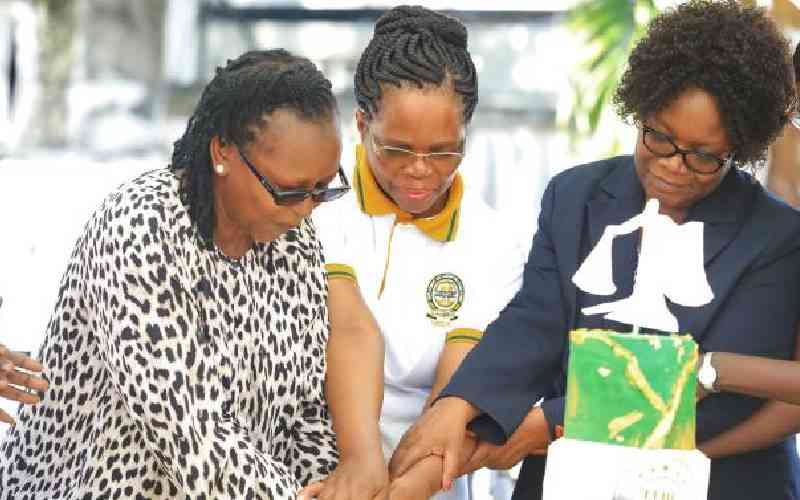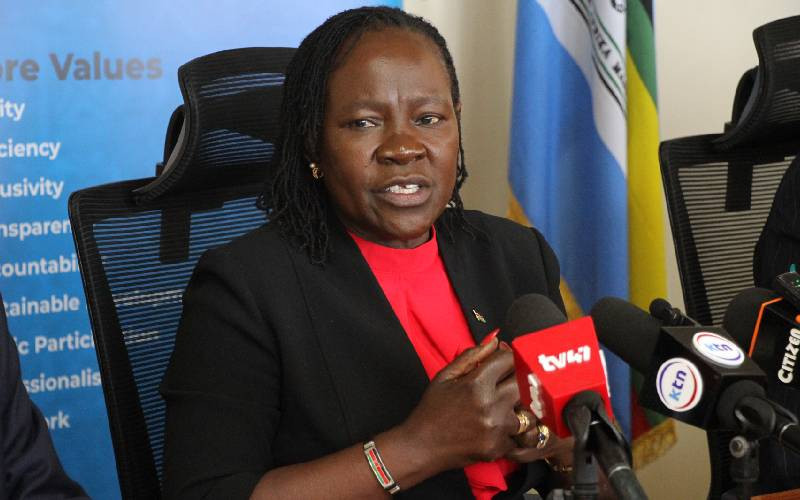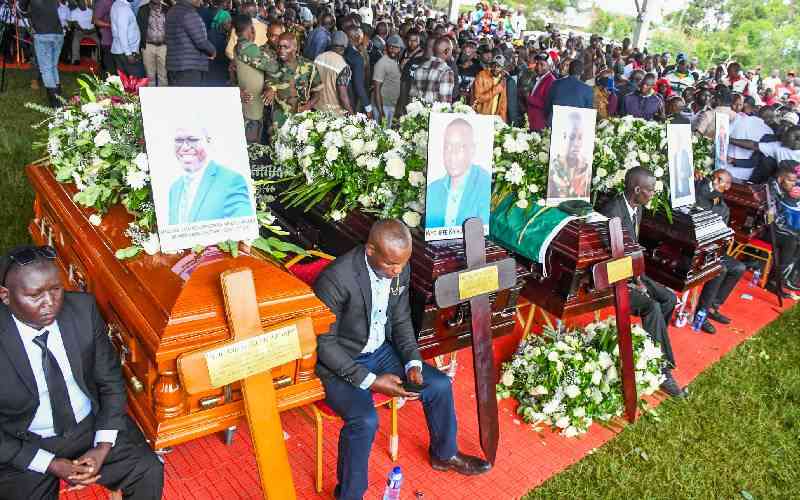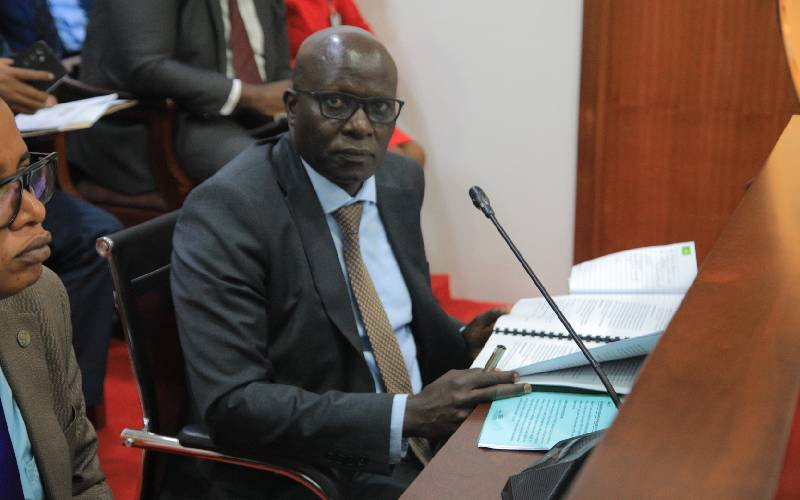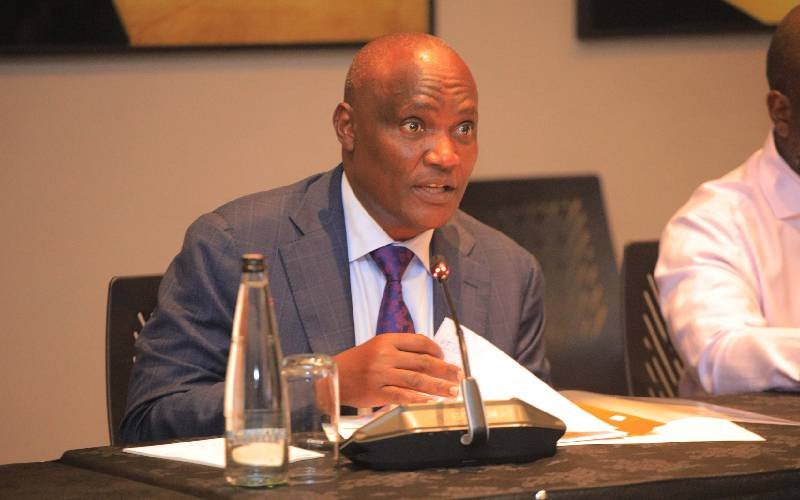Justice Monica Mbalu, Justice Agnes Nzei and Justice Olga Sewe cut a cake to celebrate 10 years since the establishment of the Employment and Labour Relations Court in Mombasa on Thursday, July 6, 2023. [Kelvin Karani, Standard]
×
The Standard e-Paper
Home To Bold Columnists


